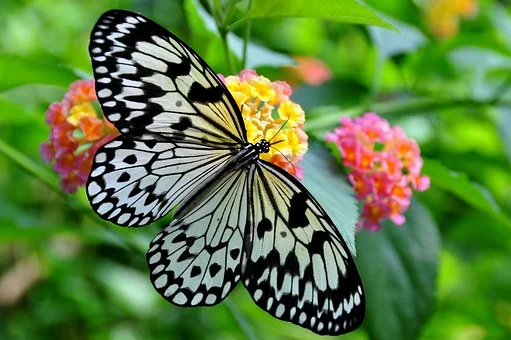Lessons from the birds
- elizabethdonnebook
- Oct 17, 2021
- 3 min read
This morning I was standing in our garden, preparing one of the flowerbeds for the approaching winter, when I heard a very particular sound. I have only ever heard it at a distance. But today, for the first time, it was directly above me. It was the rush of a massive flock of birds.
They came in waves of hundreds, chittering unharmoniously, their small, dark bodies bobbing up and down inelegantly. But the overall effect was dramatic, impressive. I watched in awe as they appeared from behind the tree line and formed clouds of sporadic motion across the sky before disappearing beyond our neighbors’ rooftop.
From out of nowhere, two birds spun in from an angle, nipping at each other, colliding with the group. The others adjusted themselves within the disturbed space and resumed their flight, the newcomers falling quickly in line.
As one group followed another, I couldn’t help but notice that the last two bundles were much more of a jumble, many of the birds snapping at and chasing each other, expending their energy on malice instead of forward motion. The group could not adjust, and the whole unit was slowed.
The gradual decrescendo of twittering and flapping was accompanied by the unexpected sight of three birds flying in the opposite direction. Within seconds, they had re-appeared over the tree line, a fourth bird in tow. The loose set of four hastened to catch the rest. The sky stilled. I was alone once more.
I was struck by the similarity between the behavior of these birds and the choices we make within the community of writers. We are members of an enormous society of hundreds of thousands of hopeful scribblers. Though the flock might seem homogenous from a distance, it may include a variety of blackbirds, even starlings. The red-winged blackbirds will stand out from the rest, but they are still part of the congregating flight. Similarly, writers will be feathered with different genres, and some will already have made a name for themselves, yet still enjoy the camaraderie of their peers. Each writer will be chiseling away at their piece of world around them, often flapping rather clownishly, but their hopes are still airborne and their journey is still forward.
Sometimes a moment of tension might arise, say between a writer and their publisher, but it is quickly resolved. When the conflict involves more members in the group, such as on Twitter, the whole group is affected and the effect could last long beyond the confrontation. Writers, like birds, benefit from co-operation. If they learn from each other, encourage each other, and celebrate each other’s triumphs, everyone’s journey is smoother. Energy goes into flight instead of petty tiffs.
Finally, there are the stragglers. Often these are beginners, easily distracted from their purpose, easily discouraged. But if they stick together and make sure no-one is left behind, they will soon join the greater community and thrive.
In fact, the metaphor of the bird flock can extend to anyone who has a goal they are reaching for. Yes, you have to do your own flapping and keep your focus forward, but everything feels so much better when you struggle together. When we are envious of others’ success, it only slows our own progress down. Be a good friend to your writing buddies. Share your insights. Honor their dreams. And they will do the same for you. No-one else will truly understand what you’re going through as well as someone who is going through the same thing. So make the most of Twitter, Facebook, workshops, critique groups, and any other opportunity to bond with your flock. They are some of the best friends you’ll ever make.


Comments